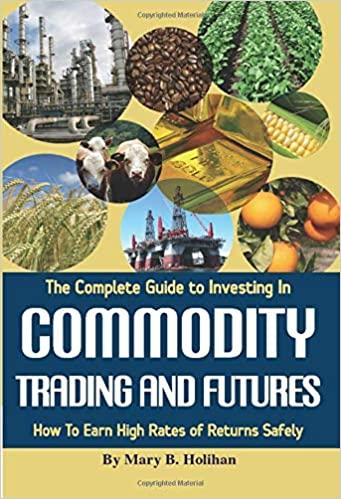10. Increasing the amount of information available to investors helps to reduce the problems of ________ and ________ in the financial markets. a. adverse selection;
10. Increasing the amount of information available to investors helps to reduce the problems of ________ and ________ in the financial markets. a. adverse selection; risk sharing b. moral hazard; transactions costs c. adverse selection; moral hazard d. adverse selection; economies of scale
11. In order to reduce risk and increase the safety of financial institutions, commercial banks and other depository institutions are prohibited from a. owning common stock. b. owning municipal bonds. c. making real estate loans. d. making personal loans.
12. Currency includes a. paper money, coins, and checks. b. paper money and checks. c. paper money and coins. d. checks & savings deposits.
13. Kevin purchasing concert tickets with a $100 bill is an example of the ________ function of money. a. specialization b. medium of exchange c. unit of account d. store of value
14. ________ is the relative ease and speed with which an asset can be converted into a medium of exchange. a. Efficiency b. Deflation c. Specialization d. Liquidity
15. A ______ is bought at a price below its face value, & the _______ value is repaid at the maturity date. a. discount bond; discount b. coupon bond; discount c. coupon bond; face d. discount bond; face
16. The yield to maturity for a discount bond is ________ related to the current bond price. a. not b. positively c. directly d. negatively
17. There is ________ for any bond whose time to maturity matches the holding period a. no interestrate risk b. yieldtomaturity risk c. a large interestrate risk d. rateofreturn risk
18. If you expect the inflation rate to be 15 percent next year and a oneyear bond has a yield to maturity of 7 percent, then the real interest rate on this bond is a. 7 percent. b. 22 percent. c. 15 percent. d. 8 percent.
19. In the bond market, the bond demanders are the ________ and the bond suppliers are the ________. a. borrowers; lenders b. lenders; borrowers c. lenders; advancers d. borrowers; advancers
20. The interest rate falls when either the demand for bonds ________ or the supply of bonds ________. a. increases; decreases b. decreases; decreases c. increases; increases d. decreases; increases
Step by Step Solution
There are 3 Steps involved in it
Step: 1

See step-by-step solutions with expert insights and AI powered tools for academic success
Step: 2

Step: 3

Ace Your Homework with AI
Get the answers you need in no time with our AI-driven, step-by-step assistance
Get Started


